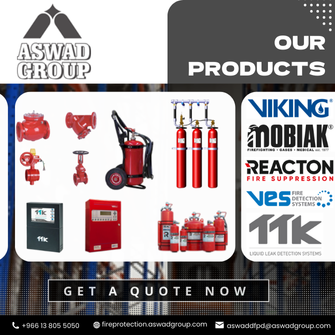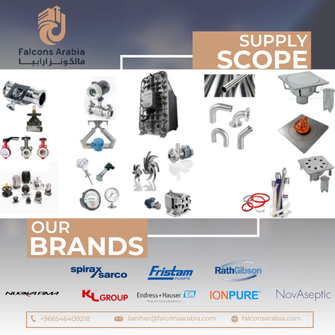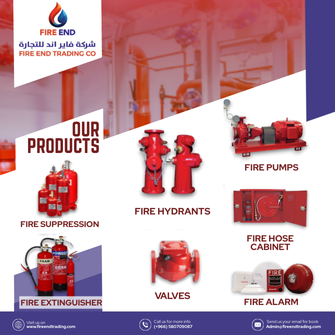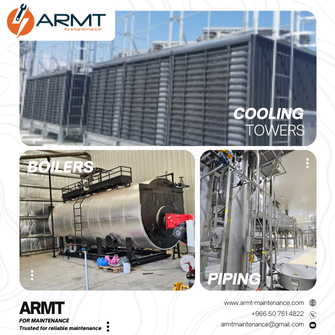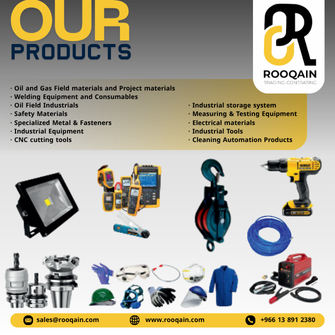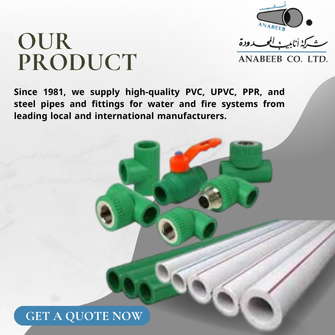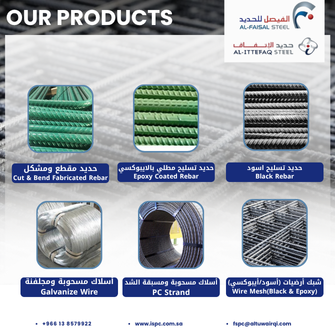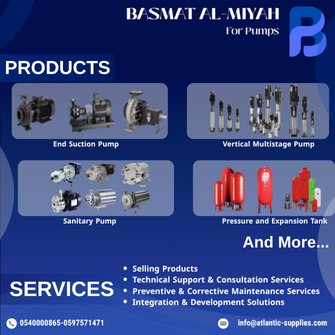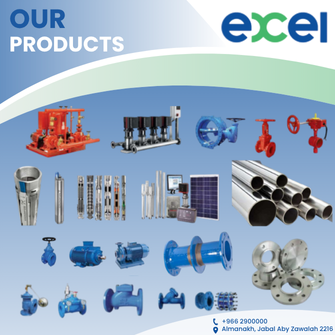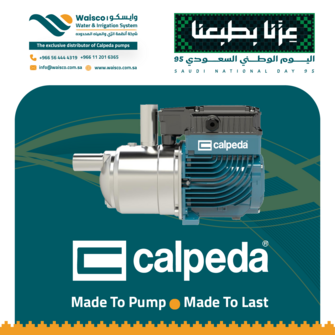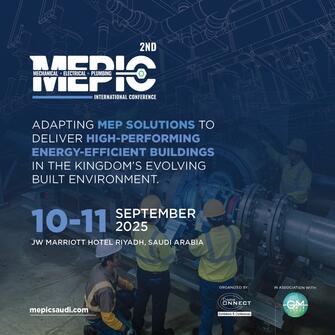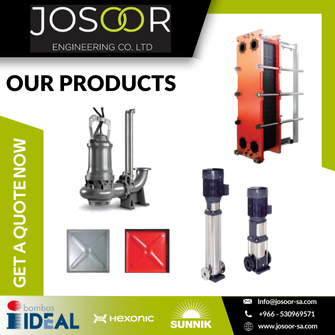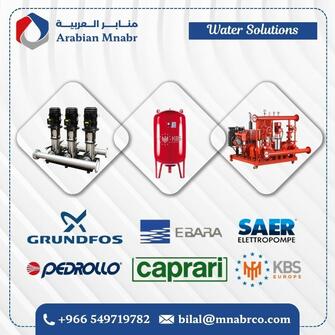advertisement
Brand Information
Great ideas drive development
We create lasting results in a way that is economically, environmentally and socially responsible. Our clean, safe and high-tech products and solutions enable everything from food production to space travel, improving the everyday life of people everywhere.
Where industrial ideas come to life
Atlas Copco is a global, industrial company based in Stockholm, Sweden, with approximately 39 000 employees and customers in more than 180 countries. Our industrial ideas empower our customers to grow and drive society forward. This is how we create a better tomorrow. We are pioneers and technology drivers, and industries all over the world rely on our expertise. Our market-leading compressors, vacuum solutions, generators, pumps, power tools and assembly systems can be found everywhere.
Our mission is to achieve sustainable, profitable growth. This means innovating with a long-term perspective and supporting our customers to meet their sustainability ambitions. It means minimizing environmental impact from our operations and products. It means making sure our employees are safe and healthy and that our company stays lean and efficient. It also includes growing in a way that is ethical, respecting and promoting human rights and with zero tolerance for corruption throughout the value chain.
Read our industrial ideas and learn more about how we turn industrial ideas into smart and innovative solutions. For a quick overview of our mission, organization, financials etc. flip through our Facts in brief.
Vacuum Technique
Vacuum Technique turns industrial ideas into vacuum products, exhaust management systems, valves and related products. The business area has a global service network and its passionate people, expertise and service bring sustainable value to industries everywhere. Principal product development and manufacturing units are located in the United States, Mexico, United Kingdom, Czech Republic, Germany, South Korea, China and Japan.
Compressor Technique
Compressor Technique turns industrial ideas into compressed air solutions; industrial compressors, gas and process compressors and expanders, air and gas treatment equipment and air management systems. The business area has a global service network and its passionate people, expertise and service bring sustainable value to industries everywhere. Principal product development and manufacturing units are located in Belgium, the United States, China, India, Germany and Italy.
Industrial Technique
Industrial Technique turns industrial ideas into industrial power tools and systems, industrial assembly solutions, quality assurance products, software and service through a global network. The business area’s passionate people, expertise and service bring sustainable value to industries everywhere. Principal product development and manufacturing units are located in Sweden, Germany, Hungary, the United States, United Kingdom, France and Japan.
Power Technique
Power Technique turns industrial ideas into air, power and flow solutions through products such as mobile compressors, pumps, light towers and generators, along with a number of complementary products. It also offers specialty rental and provides services through a dedicated, global network. The business area’s passionate people, expertise and service bring sustainable value to industries everywhere. Principal product development and manufacturing units are located in Belgium, Spain, the United States, China and India.
Our history
If there is one constant in our history it is innovation. Here you can read about our first 140 years, from 1873 until 2013.
When Atlas Copco was founded it made products for railways, but the core of our business dates back to the early years of the 20th century, when the first compressors, tools and rock drills were manufactured. Today, we are a world leader in these and many other areas.
Atlas was founded in 1873 in Stockholm, Sweden, to provide Swedish Rail with all types of equipment for building and running Sweden’s new railway. But with the growth of Swedish Rail relatively short-lived, Atlas had by the mid-1880s already begun a strategic shift toward the production of more advanced products, such as steam engines and boilers. In November 1890, the company was reconstructed and a new company, Nya Aktiebolaget Atlas, was founded with three new production lines: locomotives, commercial central heating systems and machine tools. At the beginning of the 1890s, a young engineer named Gustaf Ryd visited England and the US and came back with a pneumatic caulking hammer and riveting hammer, respectively. The new machines proved invaluable and the need soon arose for spare parts and replacements. With none available, they had to be made in-house, paving the way for a completely new line of business. Initially, the pneumatic tools produced by Atlas were destined solely for its own workshops, but as word spread of their efficiency and reliability demand grew throughout Sweden.
Atlas took up regular production of pneumatic tools in 1901 with pneumatics engineer Gunnar Jacobsson heading up a newly established pneumatics department. Under Jacobsson, who would become managing director of Nya Aktiebolaget Atlas in 1909, the pneumatics department quickly expanded its range of tools and air compressors. As early as 1904, a copy of a German compressor was produced, which was driven by Atlas steam engines, and the following year the company launched its own compressor as well as its first rock drill. By the time the First World War broke out, pneumatics accounted for more than 50 percent of Atlas’ revenues and an even greater proportion of its profits. The other production lines were gradually phased out. Railroad car production came to an end in 1911 and the last locomotive was rolled out in 1917. In 1917, Atlas merged with Diesels Motorer, a manufacturer of marine engines and stationary diesel engines. The new company was named Atlas Diesel and, during the 1920s, all operations were moved to Sickla, just outside Stockholm, where Atlas Copco is headquartered today. Although its pneumatics operations continued to go from strength to strength, showing a 50 percent profit by the early 1930s, its diesel operations went into a steep decline and had to be wound up in 1948. With the Atlas Diesel name no longer relevant, a new name was sought that would reflect the company’s operations and unite its foreign subsidiaries. Atlas Copco was chosen, derived from the name of a Belgian subsidiary – Compagnie Pneumatique Commerciale.
Looking for new opportunities in the Saudi market?
Receiving real RFQs is the key for new orders.
Here in Project Suppliers platform we gain you the new opportunity.


